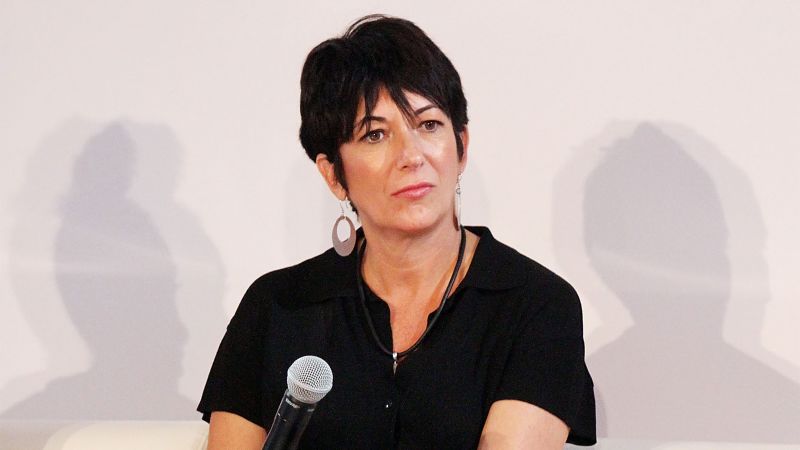In recent developments concerning Ghislaine Maxwell, a senior official from the Trump administration clarified on Thursday that President Donald Trump is not contemplating clemency for Maxwell, who was convicted as an accomplice to Jeffrey Epstein. This assertion comes in stark contrast to the president’s previous remarks, where he seemed to keep the possibility open. The official emphasized that no discussions regarding leniency for Maxwell are currently taking place, firmly stating, “No leniency is being given or discussed. That’s just false. The President himself has said that clemency for Maxwell is not something he is even thinking about at this time.”
This clarification comes as the family of Virginia Giuffre, an accuser of Jeffrey Epstein, expressed their opposition to any potential clemency for Maxwell. Their concerns were heightened after Trump made questionable remarks about Epstein, in which he suggested that Epstein had “stolen” employees from Mar-a-Lago, his private estate in Florida, during their relationship in the early 2000s. Notably, Trump acknowledged that Giuffre might have been among those employees, hinting at a complex historical entanglement between these individuals, and stirring an emotional response from Giuffre’s family after her tragic death by suicide earlier this year.
In Trump’s commentary, he stated, “I think she worked at the spa,” referring to Giuffre, implying that she was a victim of Epstein’s actions. White House Press Secretary Karoline Leavitt supported the president’s statement, emphasizing that Trump had only responded to a direct question about Giuffre and did not initiate the discussion. She further clarified that Trump had previously taken action against Epstein by ejecting him from his club due to inappropriate behavior towards female employees.
However, Virginia Giuffre’s family has voiced their shock over Trump’s remarks. In a statement to The Atlantic, they questioned whether Trump had any awareness of the criminal actions orchestrated by Epstein and Maxwell. The family’s statement raised concerns related to Trump’s past comments on Epstein, including a 2002 remark where he referred to Epstein as a “good friend,” who had a penchant for younger women, indicating a troubling familiarity with Epstein’s predatory behavior.
Giuffre’s family made it clear in their statement that they strongly oppose the notion of any leniency being extended to Maxwell, urging, “The government and the President should never consider giving Ghislaine Maxwell any leniency.” Despite the ongoing public discourse, Trump has maintained a noncommittal stance when regarding a possible pardon for Maxwell. While he hasn’t faced accusations related to Epstein, his comments continue to attract scrutiny, particularly about his past interactions with both Epstein and Maxwell.
Earlier this week, when confronted about the possibility of granting a pardon or commutation to Maxwell, Trump stated, “Well, I’m allowed to give her a pardon, but nobody’s approached me with it. Nobody’s asked me about it.” He also deemed it “inappropriate to talk about it,” demonstrating a reluctance to engage with the topic, amid rising calls for transparency regarding Epstein’s extensive network and activities.
In an interesting turn of events, Maxwell has expressed her willingness to testify before Congress under specific conditions, which reportedly include demands for immunity. This development has captured public attention as people await to see if her cooperation could potentially shed more light on the intricate dynamics surrounding Epstein and his associates.
CNN’s reporting team, featuring Rashard Rose, Aaron Blake, and Kaitlan Collins, has contributed to updating this ongoing story as questions continue to loom around Trump’s comments and the implications for both Ghislaine Maxwell and the broader context of Epstein’s scandalous past. The discourse around this topic underscores the complex interplay of justice, accountability, and political maneuvering in high-profile cases that resonate across the nation.











